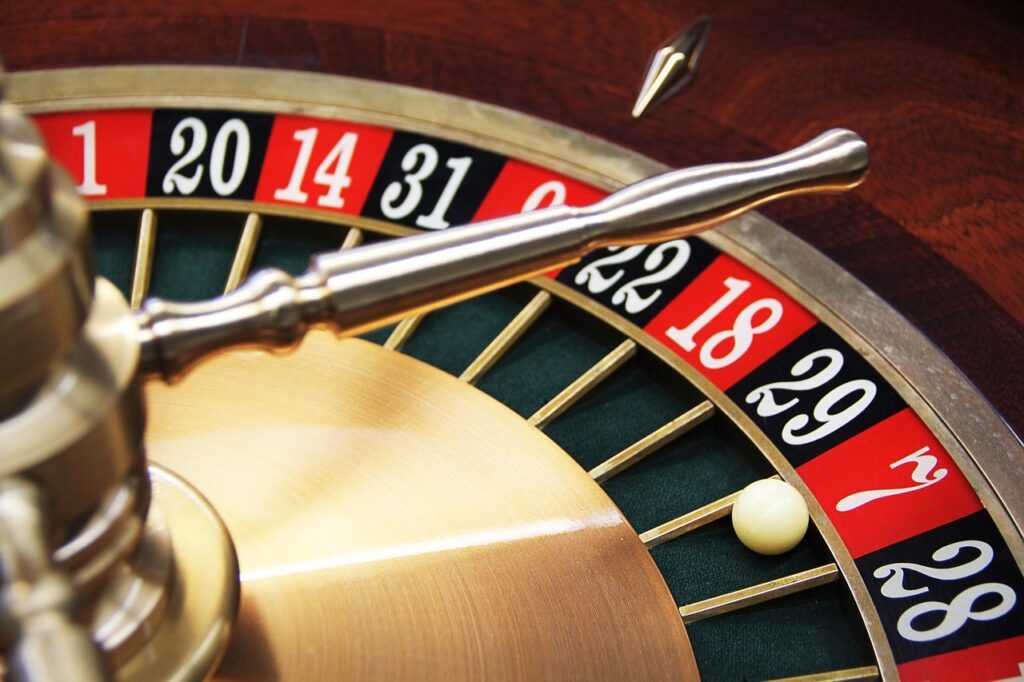Exploring the intricate relationship between mental health and gambling unveils a complex interplay that often goes unnoticed. As someone deeply immersed in the field, I’ve witnessed firsthand how these two realms intersect, posing unique challenges that demand tailored solutions.
In this article, I’ll delve into the nuances of this overlap, shedding light on the importance of seeking professional support to navigate these intertwined issues effectively. Navigating the maze of mental health struggles amidst the allure of gambling can be overwhelming, but it’s crucial to recognize that help is available.
Through my years of experience, I’ve come to understand the significance of addressing these intertwined challenges with the right support system in place. Join me as we unravel the layers of this intricate connection and explore the pathways to holistic well-being in the face of these complex issues.
Understanding the Connection between Mental Health and Gambling
Exploring the intricate relationship between mental health and gambling reveals a profound intersection fraught with challenges. Drawing from my personal encounters, I stress the critical need for seeking professional assistance to adeptly navigate the complexities arising from this unique overlap.
It’s essential to comprehend the intricate ties between mental health struggles and gambling behaviors to advocate for tailored support systems that foster comprehensive well-being.
Potential Impacts of Problem Gambling on Mental Health
Gambling can have profound consequences on mental health, often exacerbating existing conditions and leading to new challenges. Here, I delve into the specific impacts of problem gambling on mental well-being through the lenses of anxiety and depression, as well as substance abuse disorders.
Anxiety and Depression
Problem gambling frequently coexists with anxiety and depression. The stress of financial losses, the shame of compulsive behavior, and the isolation from loved ones can intensify feelings of anxiety. These heightened anxiety levels may manifest as panic attacks, restlessness, or constant worrying about finances.
Similarly, the emotional turmoil associated with gambling losses can trigger or worsen symptoms of depression. A sense of hopelessness, worthlessness, and despair may overwhelm individuals, leading to a cycle of self-destructive behavior.
Substance Abuse Disorders
Individuals struggling with problem gambling are also at a heightened risk of substance abuse disorders. The coping mechanism of turning to substances like alcohol or drugs to numb emotional pain or cope with guilt and shame is not uncommon among problem gamblers.
The intertwining of gambling addiction and substance abuse can create a dangerous cycle where one issue fuels the other, exacerbating overall mental health challenges. This dual diagnosis requires specialized treatment approaches that address both the gambling behavior and substance dependency to promote sustainable recovery.
Importance of Professional Support for Individuals with Mental Health and Gambling Issues
In my experience, seeking professional support is crucial for individuals tackling mental health and gambling challenges. Understanding the intricate connection between these issues is the first step towards holistic well-being.
The tailored support systems provided by mental health professionals play a vital role in helping individuals navigate the complexities of these intertwined struggles. Problem gambling can have detrimental effects on mental health, particularly contributing to conditions like anxiety, depression, and substance abuse disorders.
The coexistence of problem gambling with anxiety and depression can intensify negative emotions such as stress, shame, and isolation, perpetuating a harmful cycle of behavior. Moreover, individuals struggling with gambling issues are more susceptible to substance abuse, often resorting to drugs or alcohol as coping mechanisms.
Given this dual diagnosis, it is essential to adopt specialized treatment strategies that address both gambling behaviors and substance dependency concurrently. By incorporating comprehensive support systems that cater to mental health challenges within the gambling context, individuals can work towards sustainable recovery and overall wellness.
Different Therapy Options Available for Dual Diagnosis: Mental Health and Gambling
Exploring therapy options for individuals facing dual diagnoses of mental health issues and problem gambling is crucial in providing comprehensive support. As someone passionate about mental health advocacy, I believe in the effectiveness of tailored treatment approaches that address both aspects simultaneously.
Here are some therapy options that can be beneficial for managing these intertwined challenges:
- Cognitive-Behavioral Therapy (CBT): CBT is a widely recognized therapeutic approach that focuses on identifying and modifying negative thought patterns and behaviors. It can help individuals break the cycle of compulsive gambling by addressing underlying triggers and developing healthier coping strategies.
- Motivational Interviewing: This therapeutic technique is centered around exploring and resolving ambivalence towards change. It can be particularly beneficial for individuals struggling with both mental health issues and problem gambling, as it helps enhance motivation to make positive behavioral changes.
- Dialectical Behavior Therapy (DBT): DBT combines cognitive-behavioral techniques with mindfulness practices to help individuals regulate their emotions and improve interpersonal relationships. For those dealing with the dual challenges of mental health and gambling addiction, DBT can provide valuable skills for managing distress and impulsivity.
- Integrated Dual Diagnosis Treatment (IDDT): IDDT is a comprehensive approach that addresses co-occurring mental health and substance use disorders. In the context of problem gambling and mental health issues, IDDT can offer tailored interventions that target both aspects concurrently, promoting long-term recovery and stability.
- Family Therapy: In cases where familial dynamics play a significant role in exacerbating mental health issues and problem gambling behavior, family therapy can be instrumental. By involving family members in the therapeutic process, individuals can work towards healing relational patterns and building a support system for sustainable recovery.
By incorporating these therapy options into treatment plans for individuals with dual diagnoses of mental health challenges and problem gambling, professionals can provide holistic support that addresses the complex interplay between these issues. Seeking help from qualified therapists who specialize in dual diagnosis treatment can empower individuals to embark on a journey towards improved mental health and well-being.



 Jasons McRaelley – Founder & Chief Editor
Jasons McRaelley – Founder & Chief Editor

